Unlock the reasons behind ‘Why Am I Not Getting Clients as a Therapist?’ Learn expert tips to attract and retain clients for a thriving practice.

Stay updated on the rapidly-growing virtual telehealth care industry.

Unlock the reasons behind ‘Why Am I Not Getting Clients as a Therapist?’ Learn expert tips to attract and retain clients for a thriving practice.
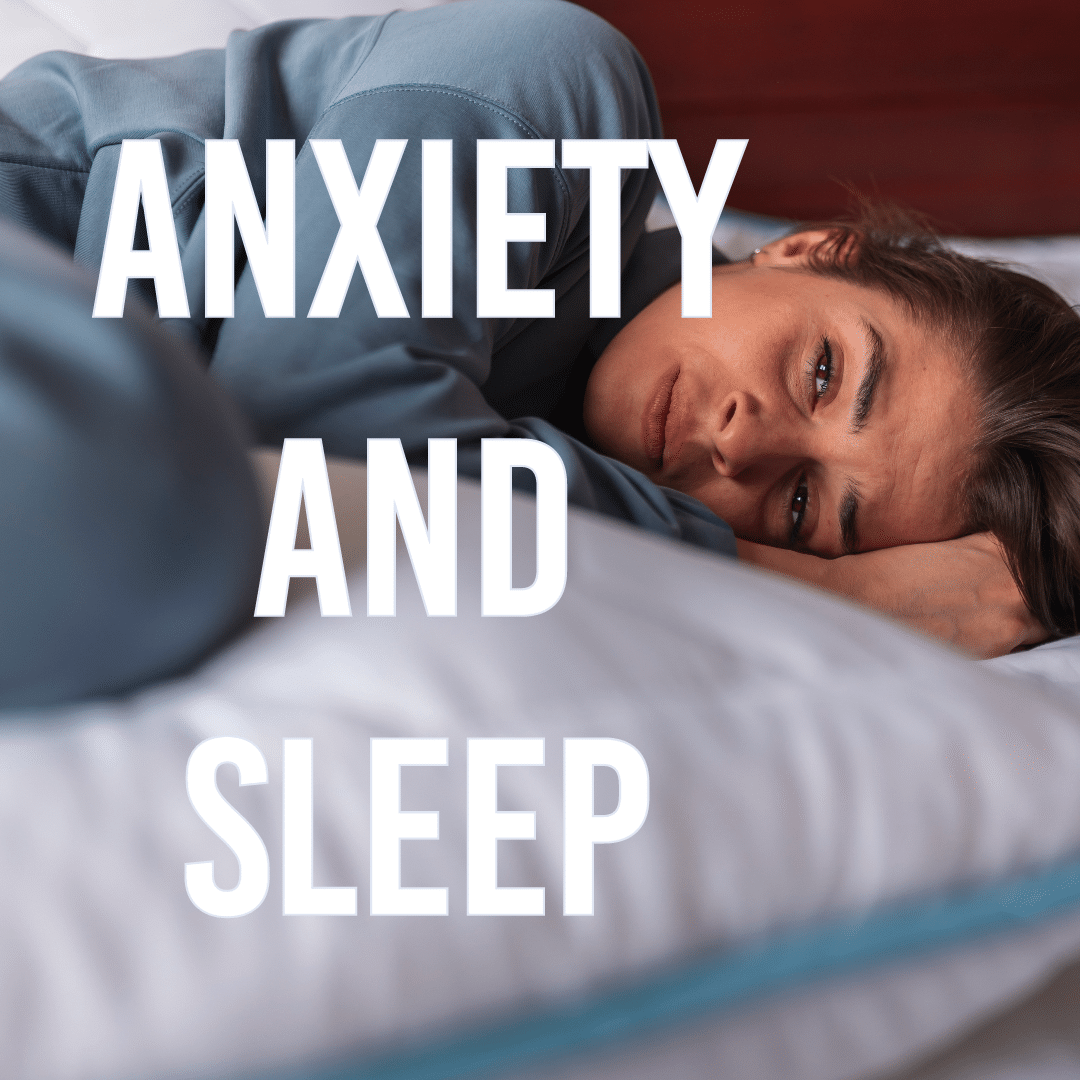
These unwelcome negative thoughts at night can diminish the quality of sleep and undermine overall well-being. However, there are effective strategies that can empower individuals to break free from the grips of these intrusive thoughts, paving the way for restful sleep. In this article, we delve into the causes of bedtime anxiety, its ramifications on sleep, and explore four practical approaches to conquer these ruminative thoughts.
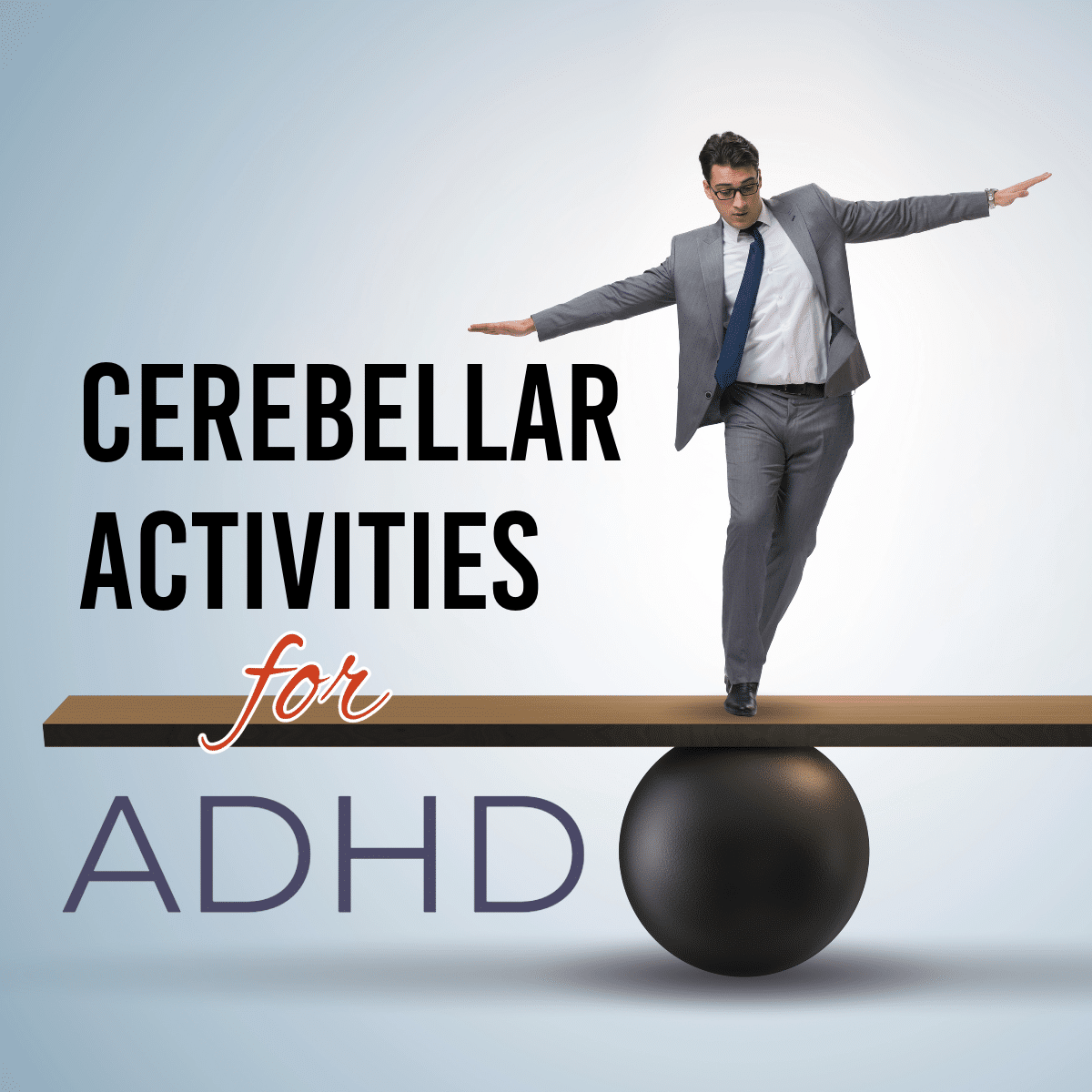
Cerebellar training is an adjunct to the treatment of adult ADHD. Interventions harness the cerebellum’s key function in influencing ADHD symptoms, in attentional control & impulse regulation. Several noteworthy cerebellar training methods have been explored.

Therapy is essential for anxiety in our fast-paced and stressful society because it provides a safe and supportive environment for individuals to explore and understand the root causes of an issue. It offers effective coping strategies tailored to their specific...

In addition to physical health, there have been studies that have found that individuals who exercise have a clinically significant improvement in depression, anxiety, low back pain, sleep, chronic fatigue, and falls
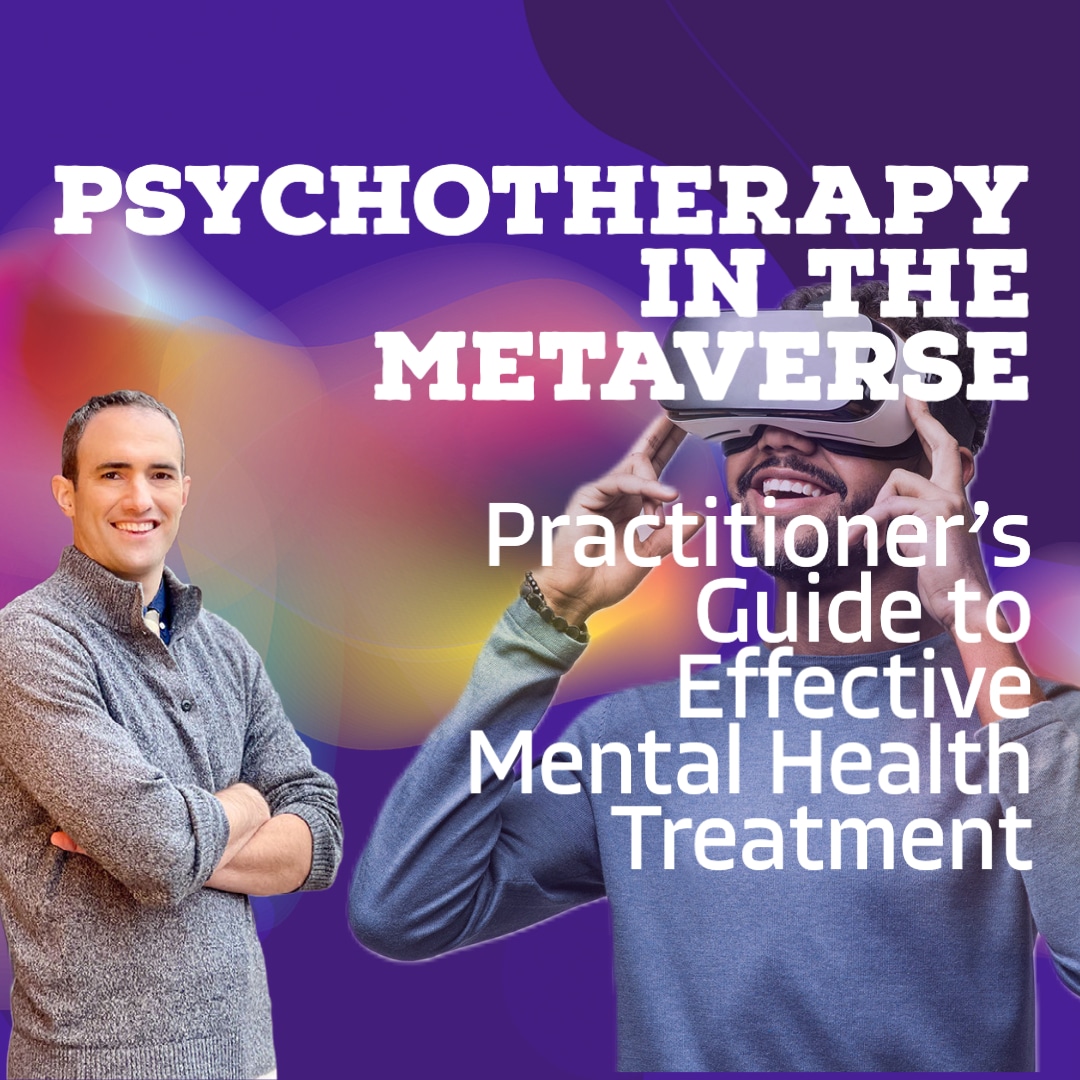
The Metaverse for Psychotherapy is part of The Metaverse Series and aims to help practitioners to understand the value and implications of the Metaverse, and related metaverse technologies such as virtual reality technology, and associated challenges therein.

Acceptance and Commitment Therapy (ACT) is a phenomenal way to help manage anxiety. Learn Dr. Bassi’s techniques to use ACT to treat anxiety.
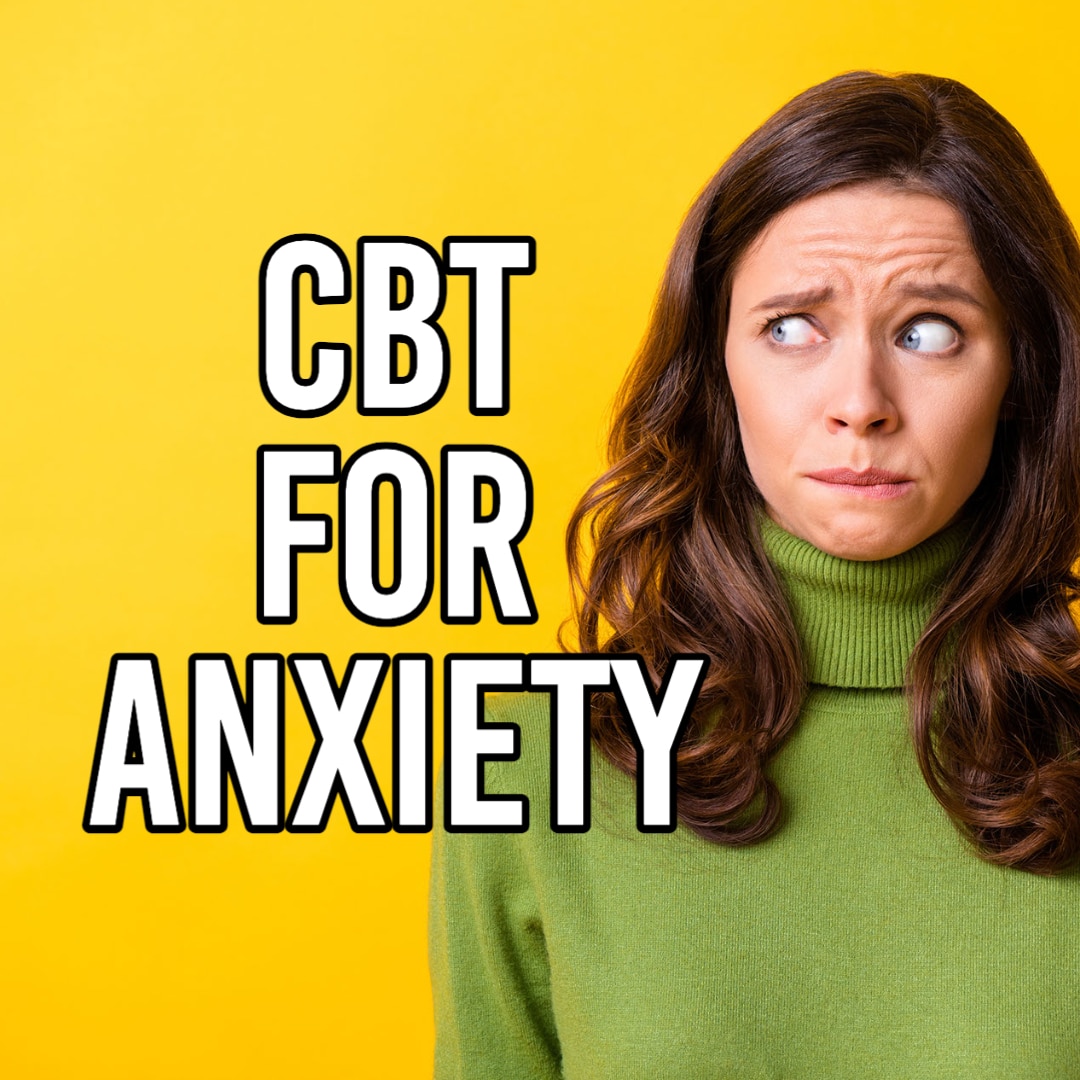
CBT aims to stop harmful thought patterns that negatively impact emotions. It is effective for treatment of anxiety.

Learn how to be direct, polite, and positive to get what you want and improve your relationship with your child.

Knowing how to have a good conversation is key to happiness.
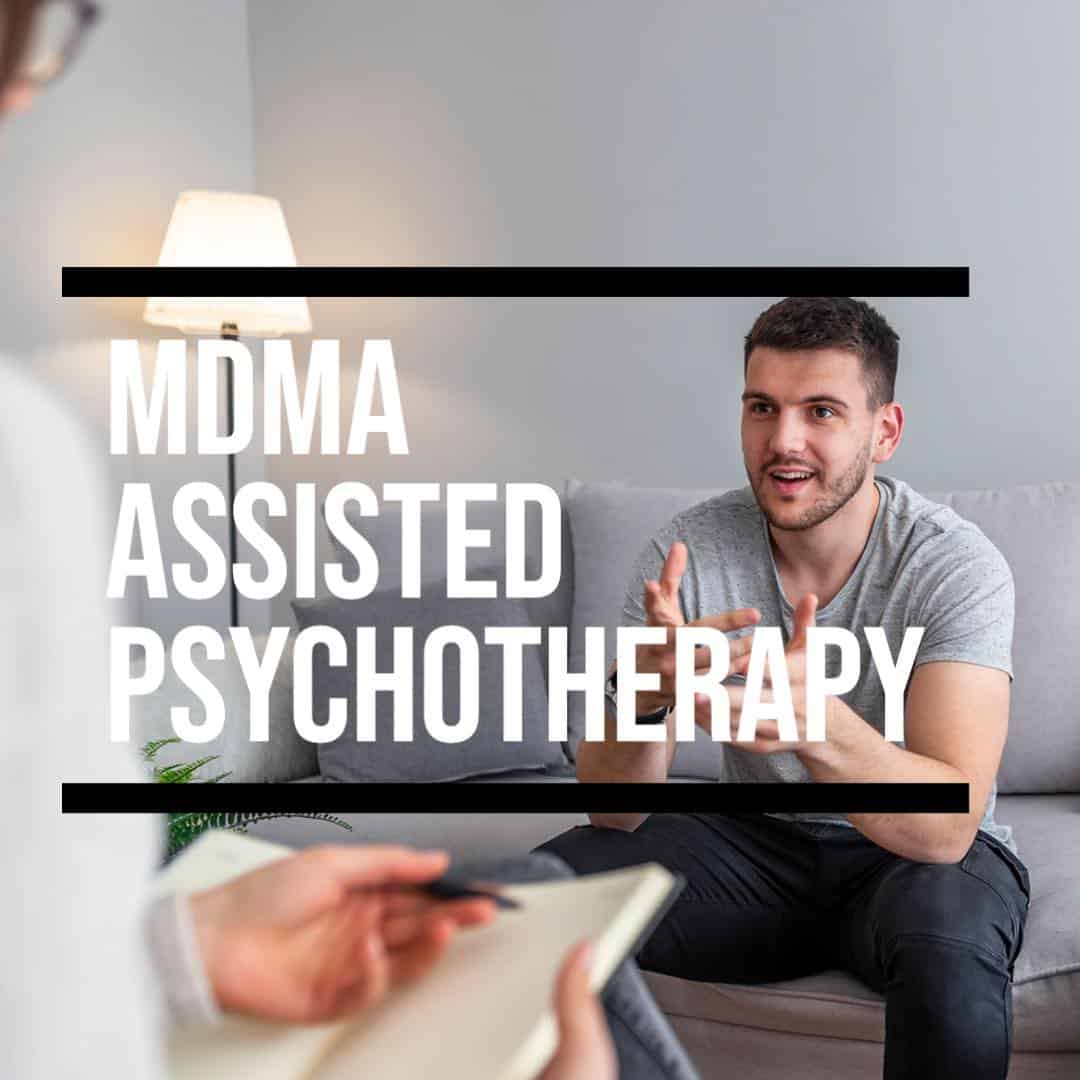
MDMA increases the receptivity of the patient to the processes of psychotherapy and enables the patient to approach their trauma from a new mindset, while removing feelings of isolation.
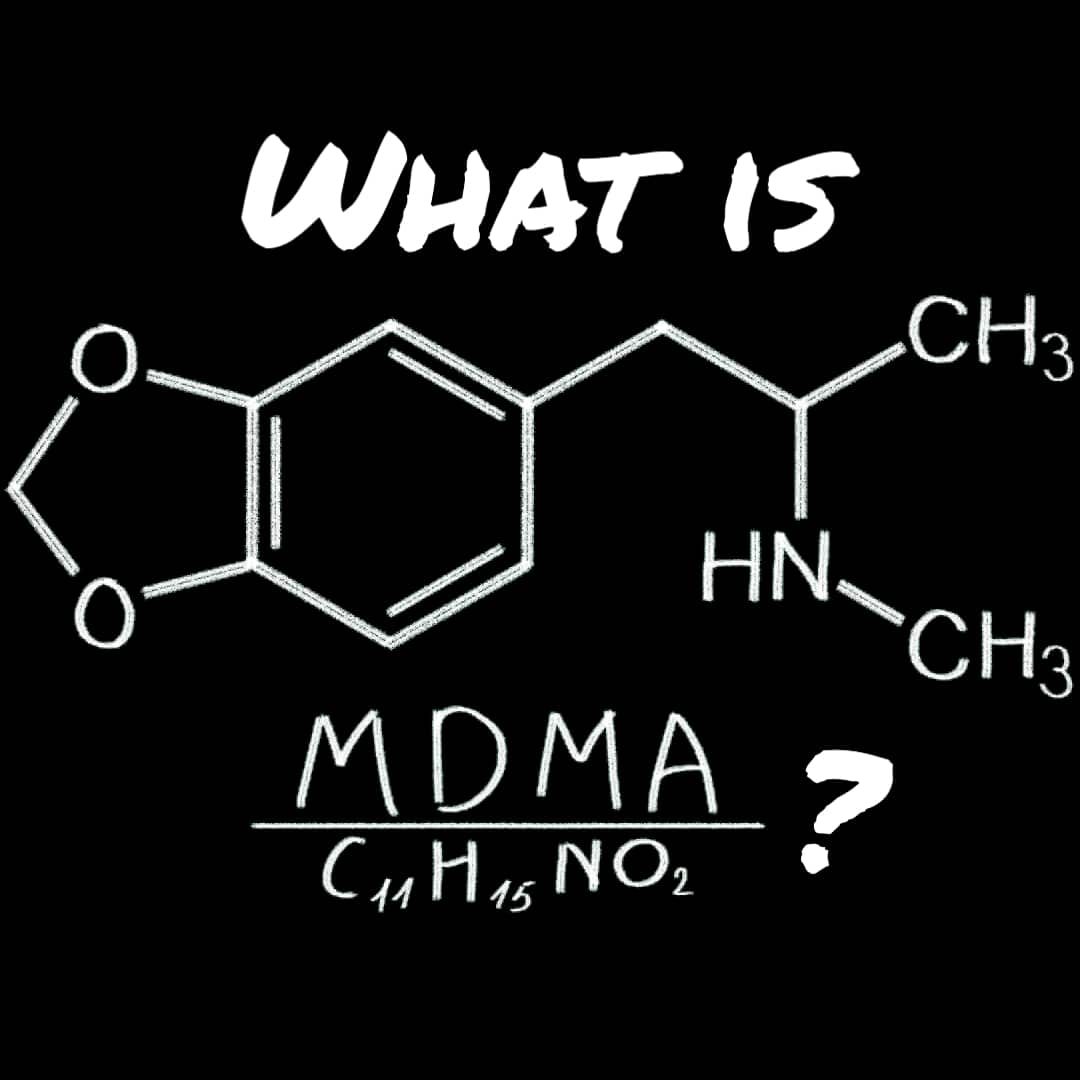
MDMA, colloquially known as ecstasy, has gained significant momentum toward legalization in 2023 following a landmark Phase 3 clinical trial. It has been called "the single most impressive thing seen in overcoming trauma." This was a topic that was recently discussed...

A common theme among those suffering from certain mental health conditions is the tendency to isolate oneself. This can be driven by a number of factors but can also perpetuate the feeling of loneliness and fear, and result in an ongoing cycle of self-isolation. This...

As humans, our perception of the world around us shapes how we interact with it. And vice versa; how we interact with the world shapes our perceptions. This was a topic that was recently discussed with a guest on the #FuturePsychiatryPodcast.Listen to an excerpt from...
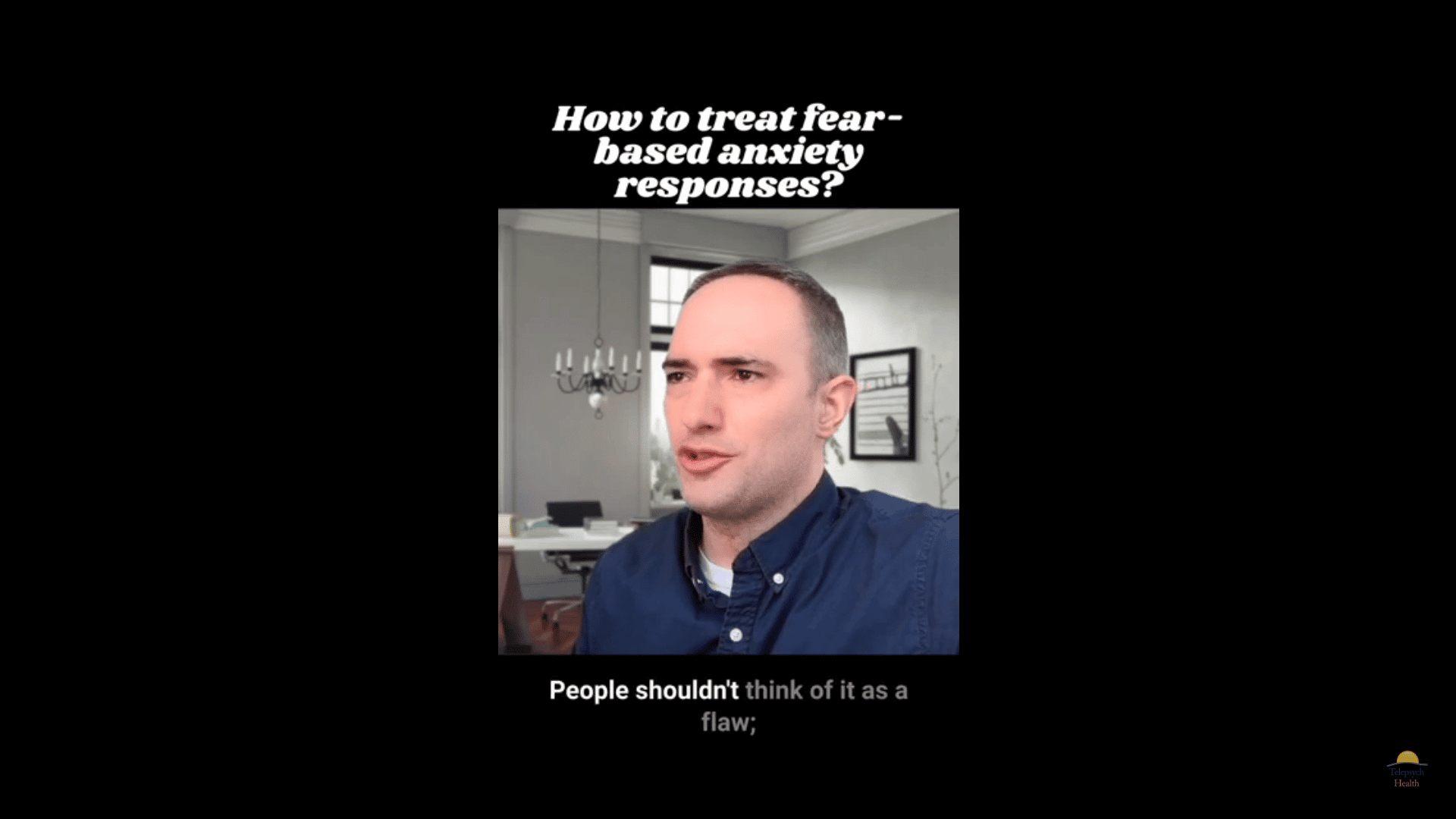
Are you struggling with fear-based anxiety responses? Learn how to manage your body's fight or flight response through effective therapy for anxiety disorders. There are many options available for anxiety therapy.How to Treat Fear-Based Anxiety Disorders Fear-based...
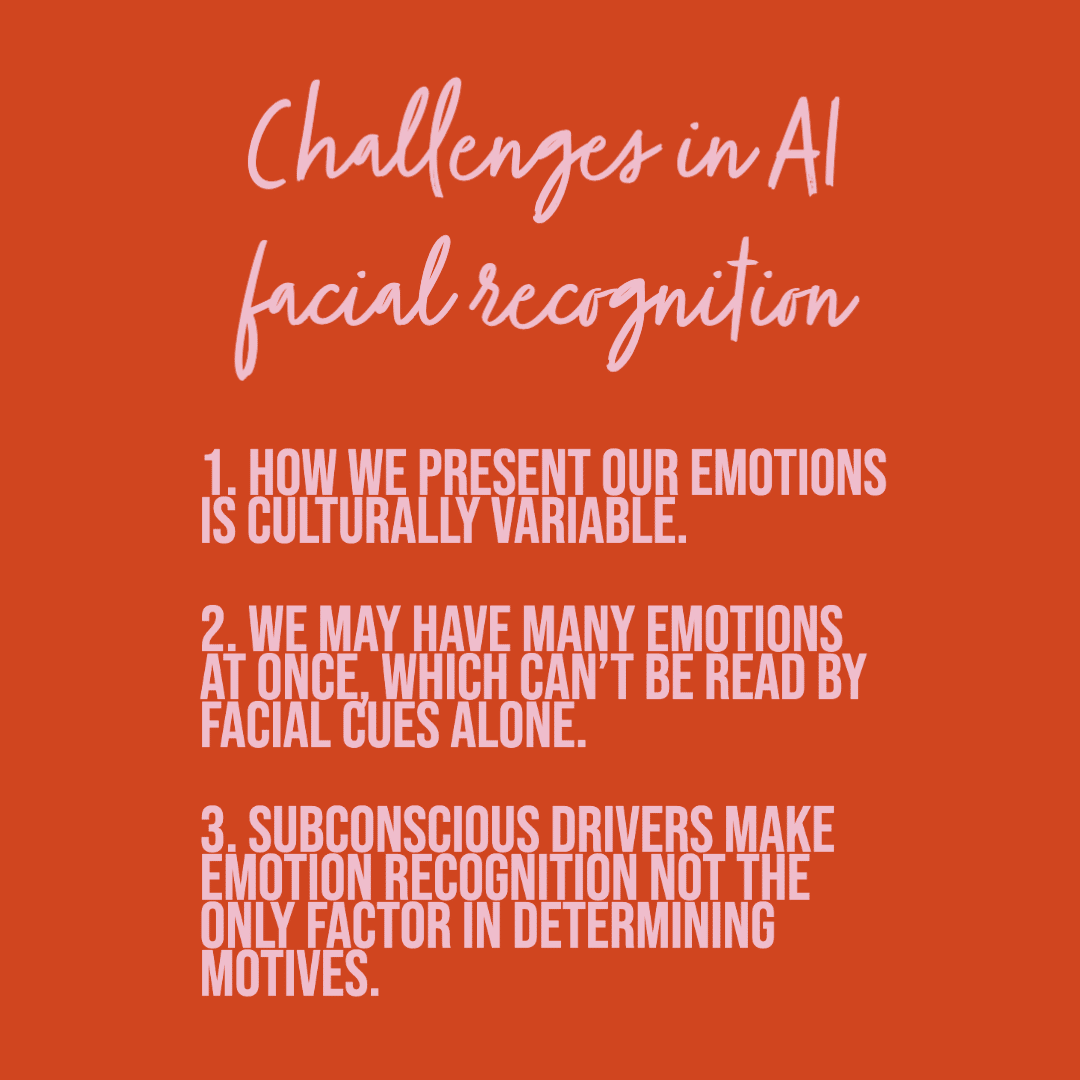
Artificial Intelligence (AI) has been used in healthcare for decades but its potential is only now being realized. Learn about the latest developments in AI and what they mean for mental healthcare.

Dr. Christina Sullivan, DNP is offering trauma-based group sessions starting Thursday, August 12th, 2021 at 5PM CST.

Historically members of this community were labeled “mentally ill” which we know today is inaccurate. These historical inaccuracies contributed to a pervasive and unfair stigma that continues to impact the community. Today we recognize being part of the LGBTQI* community is not a symptom of mental illness but does place individuals at much higher risk of developing a mental illness during their lifetime.

Strategies to change one’s thinking patterns involves increasing self-awareness. Through therapy, one obtains improved insight into and understanding of these patterns. The process of doing therapy involves constructing a concept, considering how that concept will be expressed, and then reflecting on the concepts and how it sounds. Through this process of self-expression, one gains an increased level of understanding and insight into the causes of the problem.

There are many reasons to discuss work satisfaction with your therapist. Many mental health problems can become more evident in the workplace. Depression, anxiety has an impact on engagement in one’s work, and fulfillment and meaning in work can have a positive impact on mental health.

Finding a therapist near me can be difficult. There are several options when seeking mental health treatment. Educating yourself will help you make the right care decision.

Attention deficit hyperactivity disorder (ADHD) and Bipolar Disorder are two frequently conflated disorders due to similarities in symptom profile. It is important to strive for accuracy in diagnosis because treatment differs greatly between the two conditions. Patients with ADHD and those with Bipolar disorder, particularly in the manic phase, may present similarly. It is important to consider the subtle differences in symptom presentation to accurately narrow the differential.

Living through the COVID-19 pandemic will continue to be a difficult time filled with uncertainty. Taking the time for yourself- by disconnecting from media, staying in touch with loved ones, and keeping physically active- will help us get through this period with calmness.

CBT for binge eating focuses on 1. Breaking misperceptions about triggers to binge eating, 2. Monitoring eating behavior with a diary. 3. Develop a more regular eating pattern. 4. Recognizing high risk binge eating situations. 5. Weighing the patient only once per week to address unusual weighing practices. And 6 preventing relapse after treatment is over

Mindfulness is the impartial and dispassionate, awareness of sensations, emotions and thoughts. Mindfulness-based interventions are being increasingly used for stress, coping strategies for cravings, psychological well-being, pain reduction, and treatment for psychiatric conditions. There are underlying neural mechanisms of mindfulness which explain why it is so effective.

In his book, “I Believe in You,” Luca Badetti explores the concept of vulnerability through his experiences at L’Arche, an inclusive faith community of shared living between people with and without intellectual disabilities.

Bright light treatment for SAD and for nonseasonal depression are efficacious with effect sizes equivalent to antidepressant pharmacotherapy trials.

If you are interested in group therapy, please contact us.

Daniel Wendler gives many ways to challenge oneself in gradually improving upon social skills. Daniel provides numerous practical examples from other authors, youtube clips and even movies that normalize the issue of social anxiety and provide cultural context and insight into how other people have dealt with the same kinds of anxiety that we all struggle with.

Social factors and stigma can affect diagnosis, research, and treatment.

“Exercising for around 45 minutes three to five times a week was associated with the biggest benefits, according to results of the study published in The Lancet Psychiatry journal.”

Build strong relationships, open communication. Foster trust, security, and acceptance.